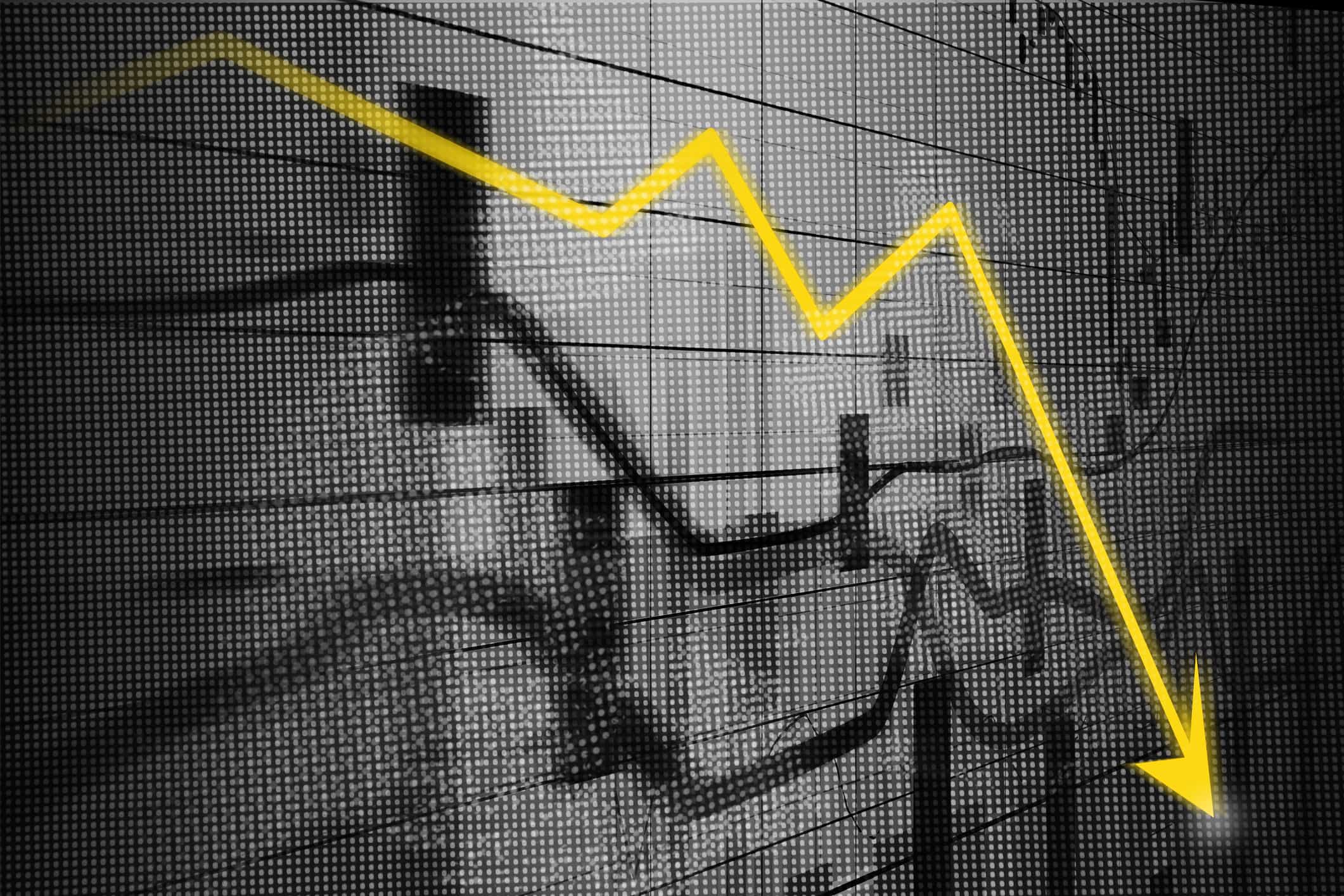The economy is humming along, but one stat really worries me.
No one enjoys being wrong, but sometimes, I really don’t want to be right.
In July 2016, I wrote, Are car loans the next mortgage crisis? At the time, this potentially problematic fact was announced by Experian, one of the Big Three credit bureaus:
“The total balance of open automotive loans climbed 11.1 percent in the first quarter of 2016, surpassing the trillion dollar mark for the first time on record.”
Experian also noted that nearly a third of all new vehicle sales were leases, and “the average loan amount and monthly payment breaks records.”
Based on reports and others like them, plus the well-known and awful fact that student loans and credit card debt continue to climb, I wondered if auto loans would be the spark that causes another recession to flare up.
Now comes news that this nation is facing “a sharp increase in riskier longer-term auto loans.” The Consumer Financial Protection Bureau, better known as the CFPB, reported this month that 42 percent of all auto loans issued in the past year were for six years — or even longer.
Of course, what makes this bad news isn’t just the simple fact that longer loans mean you pay more for the same car (because you’re paying interest over a longer time). It’s also true that consumers take out longer loans because they either can’t afford the vehicle otherwise, or they want more car than comfortably fits in their budget.
“The move to longer-term auto loans is opening up more risk for consumers,” CFPB Director Richard Cordray says. “These loans are more expensive and can result in consumers continuing to owe even after they are no longer driving their car. Consumers should know before they owe and shop for the best deal based on costs incurred over the life of the loan.”
If you’re furrowing your brow and thinking, “No way auto loans are going to be the tipping point to another recession,” here are the disturbing specifics from the CFPB…
1. “Longer-term auto loans cost more”
Most people understand this, but they don’t know just how much more. The CFPB gives this example:
“A borrower who uses a five-year loan to finance $20,000 at a 5 percent interest rate will, after three years, have paid $2,190.27 in interest and have a remaining balance of $8,602.98. If the same loan had been financed over six years at the same interest rate, he or she would have paid about $152 more interest over the same three-year period and have a remaining balance of $10,747, which is more than $2,000 higher.”
2. They’re “used by consumers with lower credit scores”
“The average credit score for borrowers who take out six-year loans is 674,” the CFPB says, “which is 39 points below the average for borrowers who take out five-year loans.”
These days, credit scores are more important than ever. Taking out such a long loan when you already have such a low score is a recipe for disaster.
3. “Longer-term auto loans finance larger amounts”
This is where temptation comes in. The CFPB says the average five-year loan amount is $20,100. For six years, it jumps to $25,300. Obviously, this isn’t the case of needing a longer loan to afford a bargain car. It’s the desire for more car.
“These increased amounts may be the result of consumers buying more expensive cars, making smaller down payments,” the CFPB says.
4. “Longer-term auto loans have higher rates of default”
This is the most damning statistic: “In recent years, loans six years or longer have had default rates that exceeded 8 percent, whereas shorter-term loans have had default rates closer to 4 percent.”
That’s exactly double. That’s trouble. What’s that spell? Recession.
Like I said, however, I hope I’m wrong.








